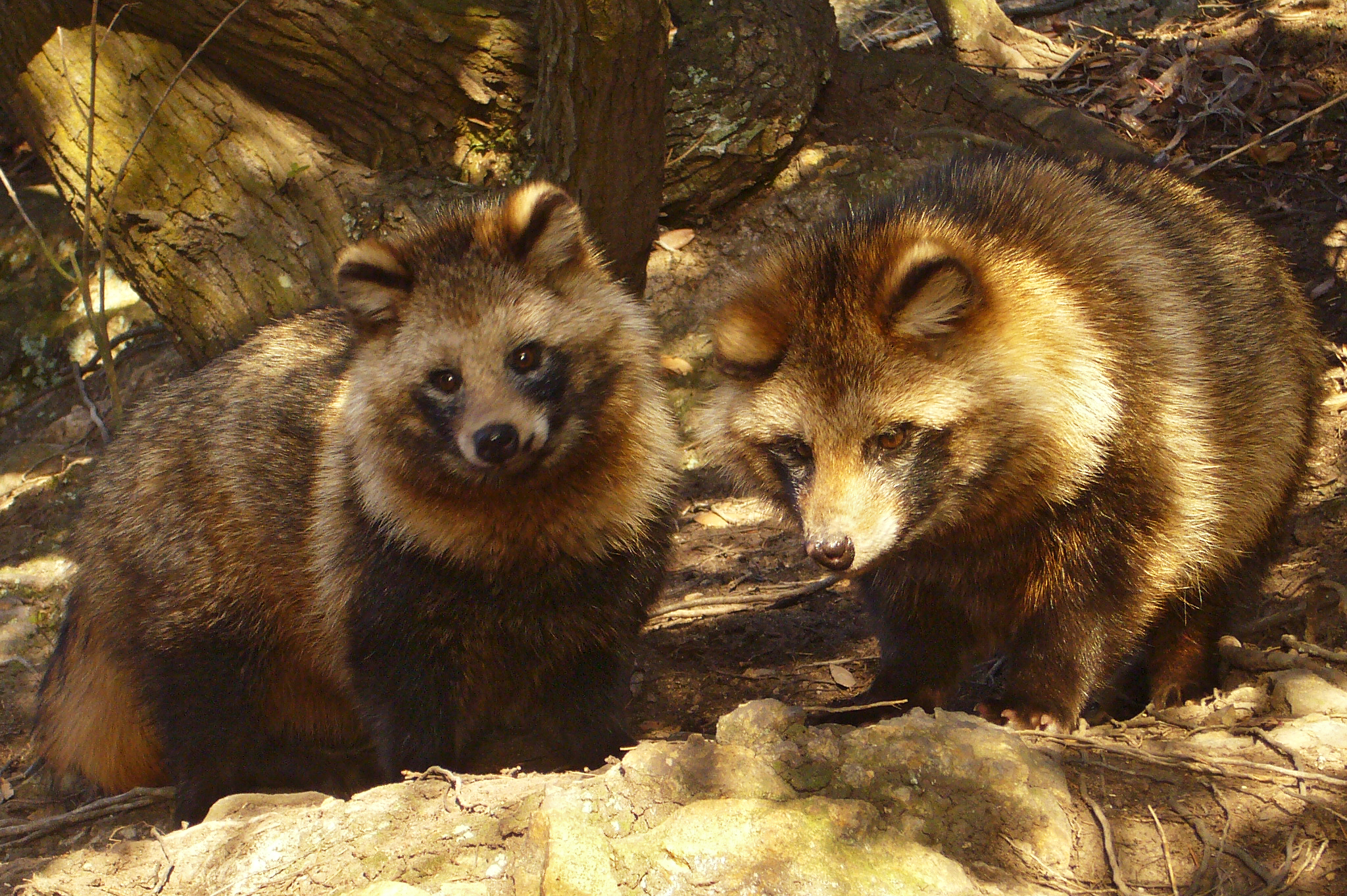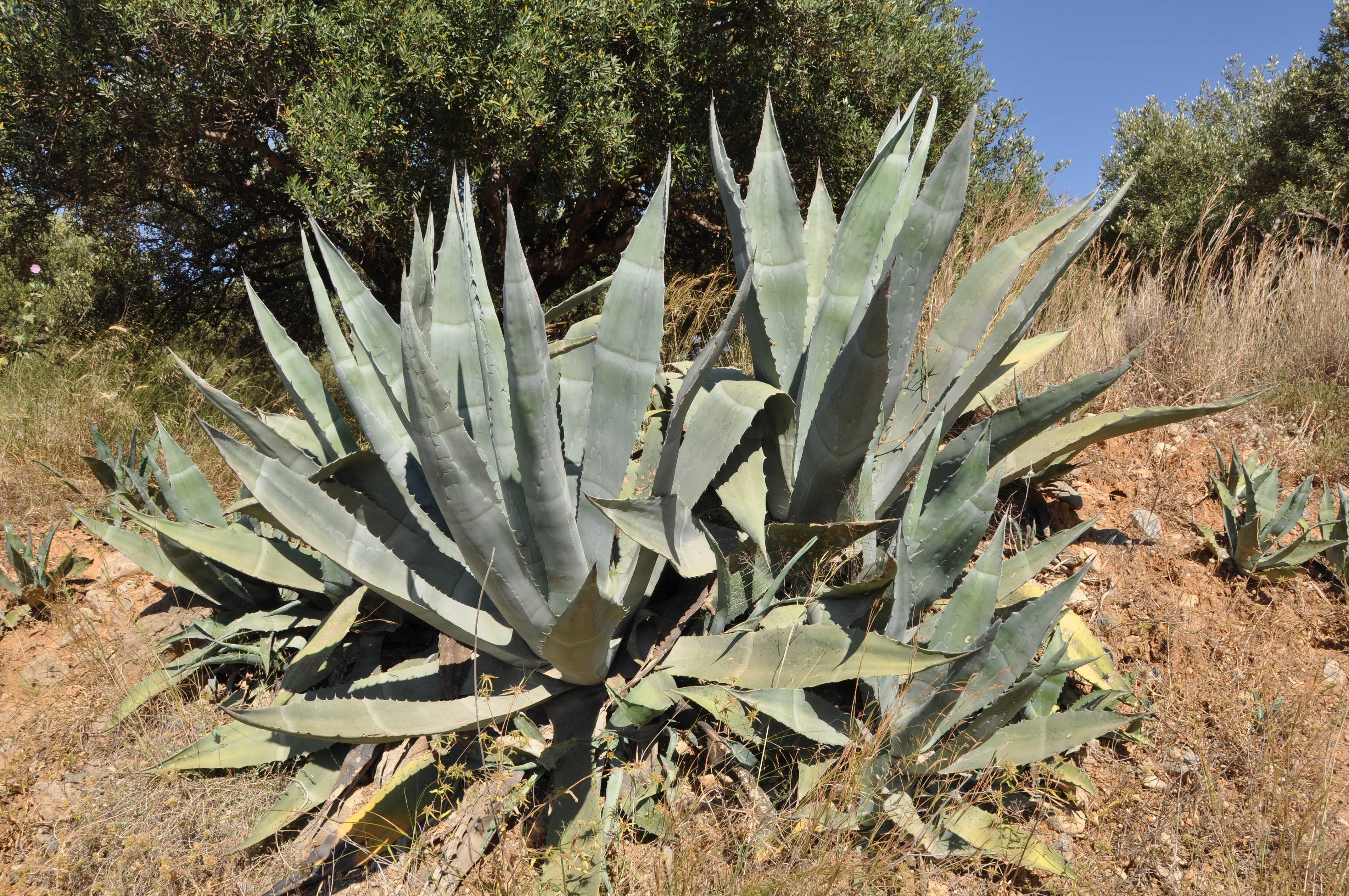Some stray pessimistic reflections...
There doesn´t seem to be any strict or hard teleology in human history. Determinism isn´t the same thing as teleology (which requires inherent meaning in history, or perhaps meaning imposed from the outside, by an external divine force).
History seems to consist of long periods av deterministic BAU, interfoliated by contingent events during which a completely different outcome would have changed the course of history radically (for better or for worse).
Examples of such contingent events could include the decision of the Arabs to listen to an obscure Judaizing preacher named Muhammad, the Great Plague in Europe circa 1350, the non-resistance of the American Native population to European diseases, the decision of a certain Chinese emperor to "burn the ships", the birth of a very smart and ruthless revolutionary known in underground circles as "Nikolai Lenin", the Nazi defeats at Stalingrad and El-Alamein, the fact that Oppenheimer and the Rosenbergs gave Stalin the secrets of the A-bomb, the US decisions to attack Iraq and Libya, and (perhaps) COVID-19 (if it was released from a lab, either deliberately or as a mistake). I´m less sure about the battle of Salamis...
There are also events which aren´t "contingent" in the above sense, but nevertheless have a profound impact on human history. One example is the existence of enormous deposits of oil and coal, and its exact distribution. Another is naturally occuring climate change, including the Medieval Warm Period and the Little Ice Age. (Perhaps the pandemics mentioned above belong more in this category?) Another is the fact that certain seabirds shit a lot at small islands off the South American coast.
At the same time, there *is* a kind of long-term direction in human history. For all we know, humans have *never* lived in "harmony" with Nature. Nor have they been able to control their population growth, despite valiant attempts to do so. Over time, the human population tends to grow. Since humans have a certain kind of dynamic intelligence, probably unique in the evolutionary tree, we can respond to population growth by technological innovations. We can expand our food production. Over the long run, this will lead to increased complexity and the formation of so-called high cultures. Note how high cultures arose independently of each other (as far as we know) in both the Old World and the New. Even in areas where no high cultures developed due to a variety of factors, such as Australia (before the White conquest), there was a tendency towards increased complexity in other ways. I´m less sure if "modernity" is inevitable, or just another (somewhat weird) high culture arising contingently from the ashes of the West Roman Empire and the soil of Medieval Europe, but its super-high degree of complexity arriving very late in the game proves my point regardless.
Of course, this means that humans also have a built-in tendency to overshoot their resource base. So far, no known civilization has managed to solve this problem once and for all, and ours is no better in this regard (despite the dreams of cornucopians). There is zero indication that the world will stop using fossil fuels, certainly not before 2028 (the supposed year of no return), or even considerably cut the emissions. Fusion power will never be developed, there will be no manned mission to Mars, CCS doesn´t work either, and "electrification" is just a gimmick to make copper mining great again. Overpopulation is a stark reality. Modern civilization is therefore heading for decline, indeed, in many places, it is declining already. It might even crash and burn!
This seems to be the "Art Wesen" of Homo sapiens sapiens. Can humanity change? Maybe. I don´t see why it should be intrinsically impossible. However, it also seems highly unlikely. At least in the present epoch!
The idea that we have somehow moved closer to "socialism", "a global society", "social justice", "the new consciousness" or whatever is the utopia du jour, is simply a conceit. Of course we haven´t. Even apart from the fact that most people promising a golden age of globalism, alter-globalization or anti-globalization are just grifters representing certain vested interests (or perhaps would-be such). In reality, very little seems to have changed since the late 19th century, except (of course) two world wars, even more people, even more environmental destruction, and tolerance towards trans-womyn being the law of the land. And, I suppose, drone deliveries ordered through Android phones. Otherwise, it´s still the liberal-global English-speaking Empire with its domesticated labor movement and hypocritical abolitionist elite versus Islam, India, China and Russia. And continental Europe? The more things change...
Human history seem to move in cycles, which in turn form a slowly moving upward spiral. However, this spiral isn´t really going anywhere either. Except maybe down.
None of this is incompatible with a spiritual perspective. However, it *is* problematic if you are a very consistent materialist and/or atheist.



.jpg)


.jpg)

